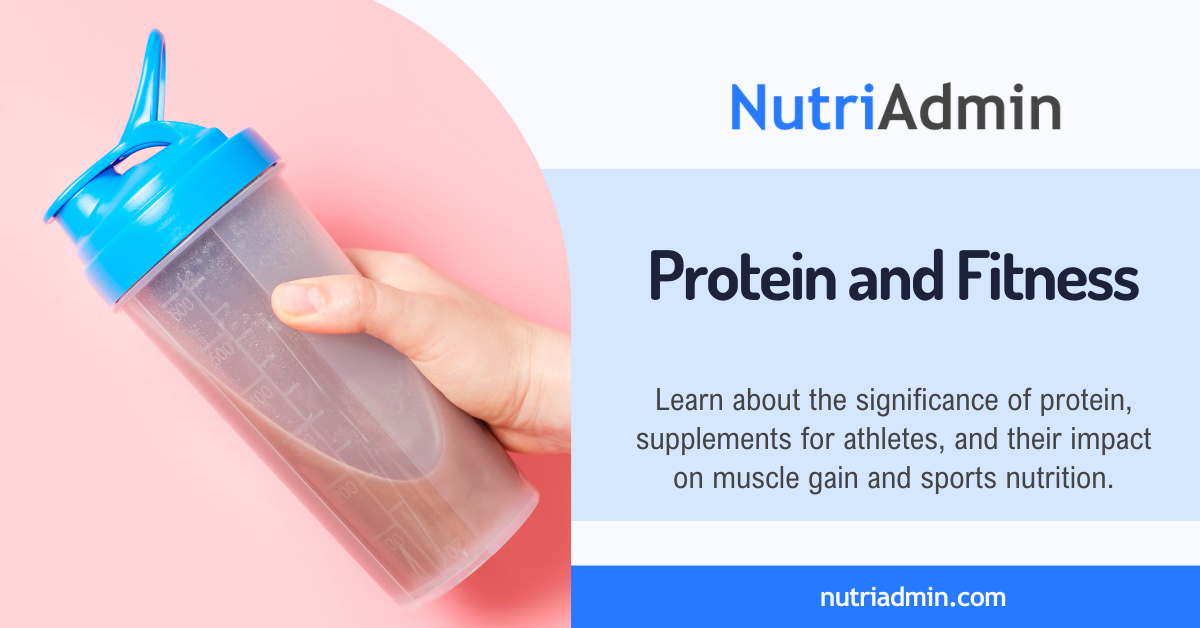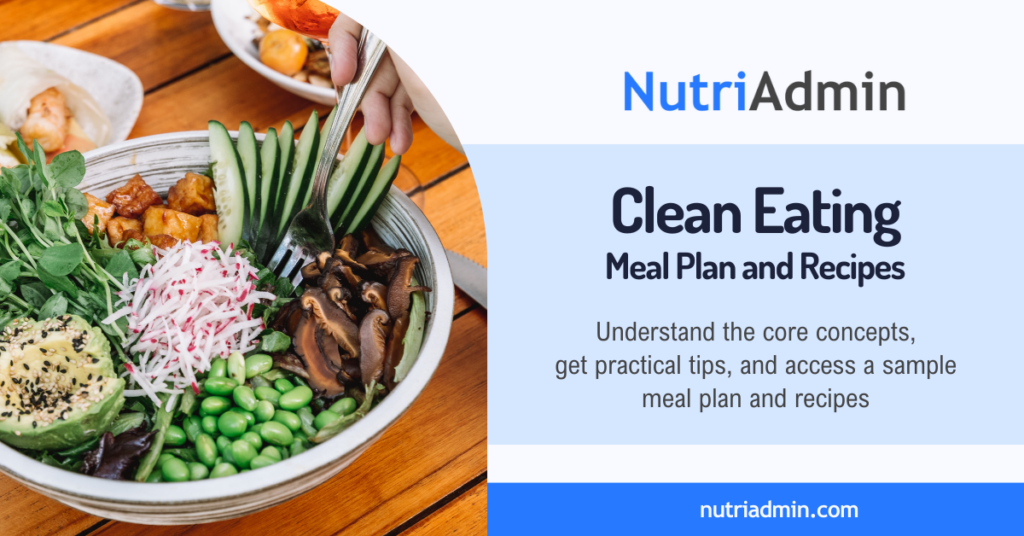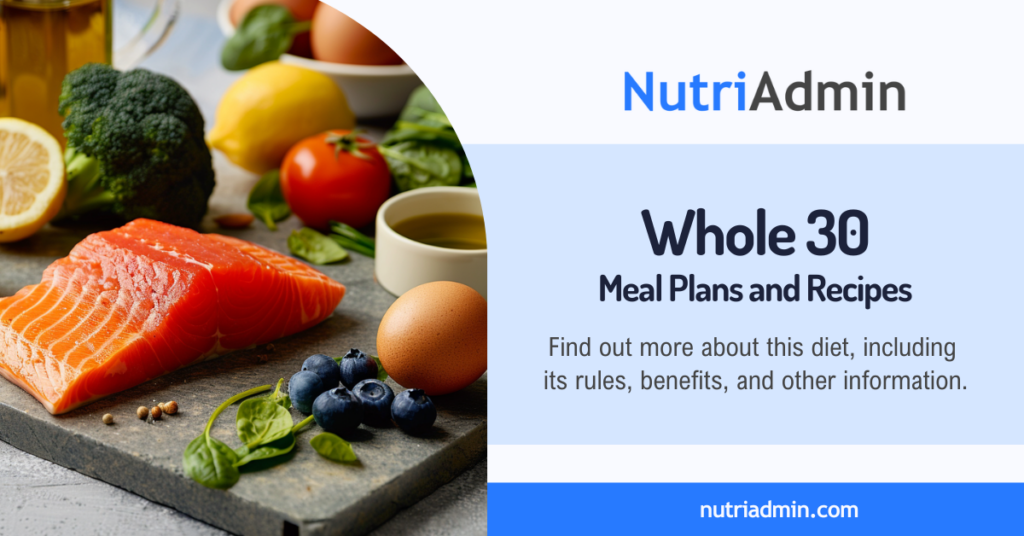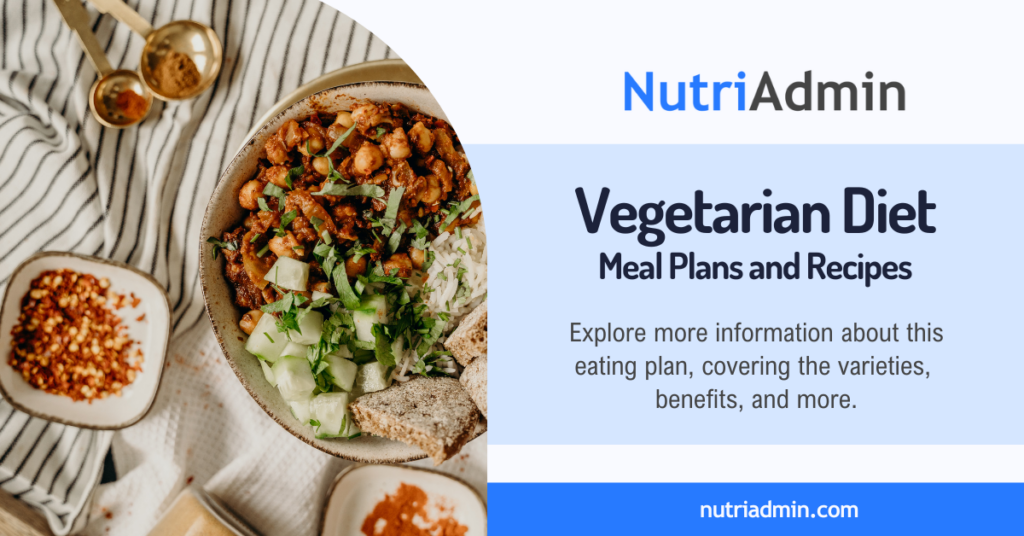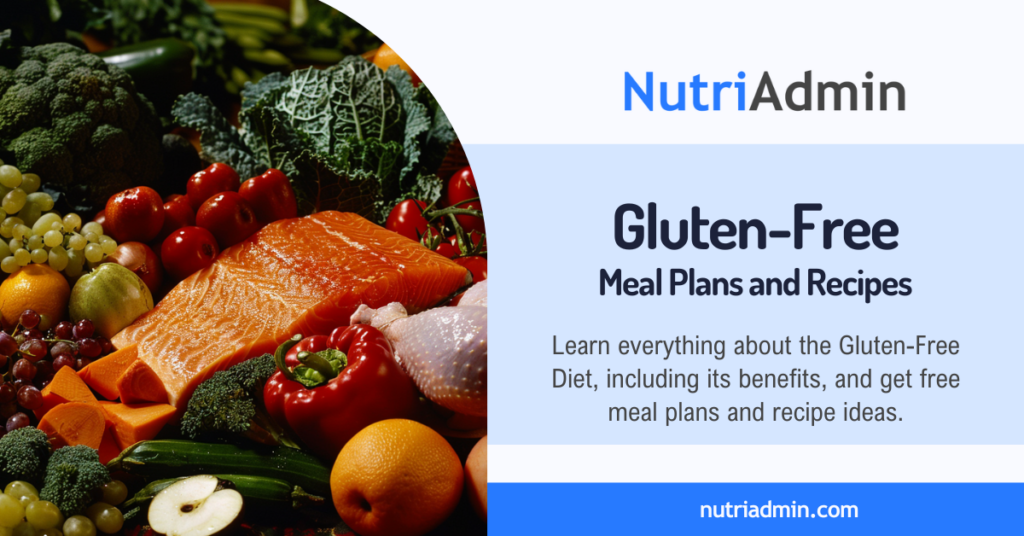Ever wondered why protein has such a big focus in the nutrition and health industries? Protein and fitness seem so intertwined that it’s as if everywhere you turn, there’s a new product advertising its “high” protein content. In fact, there is usually a lot of talk about protein supplements for athletes, protein shakes for muscle gain or weight loss, and whether protein bars before or after a workout are a good idea. This interest in macronutrients is even more prevalent when it comes to protein in sports nutrition, where there is a premium placed on protein because it is believed to help build muscle and assist in achieving the “body of your dreams.”
But is this all hype and no substance? As a nutrition or fitness professional, it is important to set the record straight about protein and what it actually does for our bodies as a whole.
Protein and Fitness
Protein is one of three macronutrients that are found in food, with the other two being carbohydrates and fats. All macronutrients can be used by the body to make energy for bodily function. However, this doesn’t mean that “any” source of energy will do. The body prefers to use carbohydrates as its main source of energy, followed by fat, and finally protein.
While protein provides energy, it shouldn’t be your primary energy source. Our body’s adaptability to use different macronutrients as a source of energy is why some people operate well off of a high-carbohydrate diet while others operate well off of a high-fat diet.
Protein’s Function in the Body
Protein is primarily a macronutrient composed of amino acids concerned with building and repairing tissues. It serves as the foundation of many of our muscles, joints, ligaments, tendons, and even our hair and nails. Moreover, protein actually serves as the basis for enzymes in our body. Enzymes function as catalysts for bodily functions. For example, the enzymes amylase and lingual lipase are responsible for carbohydrate and fat breakdown in our mouths when we chew our food. In other words, enzymes such as this are at the foundation of how our bodies operate normally and function optimally.

Is all the hype about protein and muscle gain really overrated? Like many things in life, the answer lies somewhere in the middle. When a person exercises, what is essentially happening is that there is damage to the muscles that are being used in the exercise. The body can recover from this damage and essentially build the muscle to be bigger and more resilient to the exercise being done, so this damage isn’t all that scary. Without adequate protein intake, the body will not be able to optimally trigger muscle protein synthesis (MPS) because amino acids in the protein help in this process.
In MPS, there is a trigger to use the amino acids in the protein to help repair the muscles that were damaged in the hard work or exercise session. Without adequate protein, the body can repair the muscles but will deplete the existing amino acid pool in the body. This will leave fewer overall amino acids for other bodily functions. This is, of course, not ideal. We want there to be enough amino acids for our body to function optimally.
How Much is Enough?
But how much is enough protein? Morton and colleagues (2017) conducted a systematic review and meta-analysis and actually showed that gains in muscle mass and strength from resistance training were achieved with about 1.62 g of protein per kilogram of bodyweight (~0.72 g of protein per pound of bodyweight). This is a far cry from the 2 g of protein per kilogram of bodyweight (or 1 g per pound of bodyweight) that is touted by many fitness influencers! We may be eating too much protein without even knowing it.
Incorporating Protein in Food
To meet your protein needs, it is recommended to consume about 1.62 grams per kilogram of body weight (approximately 0.72 grams per pound). Now, how can you effectively include protein in your meals?
Technically, you don’t incorporate protein into food since most foods already have protein in them. Whether they are in adequate or inadequate amounts to fuel your needs is a different story. Generally speaking, protein in and from food is slightly more economical than protein from supplements.
This might be a bit of a shocker since protein and supplements are advertised so heavily in our space that they seem like they go hand in hand. Let’s try to explore common protein sources.
Common Protein Sources
Proteins from animal sources, whether from beef, pork, chicken, or fish, are considered to be “complete” protein sources. This means they contain the complete range of essential and non-essential amino acids in adequate amounts that can sustain life and bodily function.
Of course, there are vegetarian or vegan sources of protein as well but the problem lies in the fact that these protein sources need to be complemented with other protein sources since they are “incomplete” protein sources. This means that they are lacking one or more essential amino acids, which our body needs to obtain from food sources since it cannot make it on its own. Here’s a cheat sheet on common protein sources and how much protein they have per 100 grams.
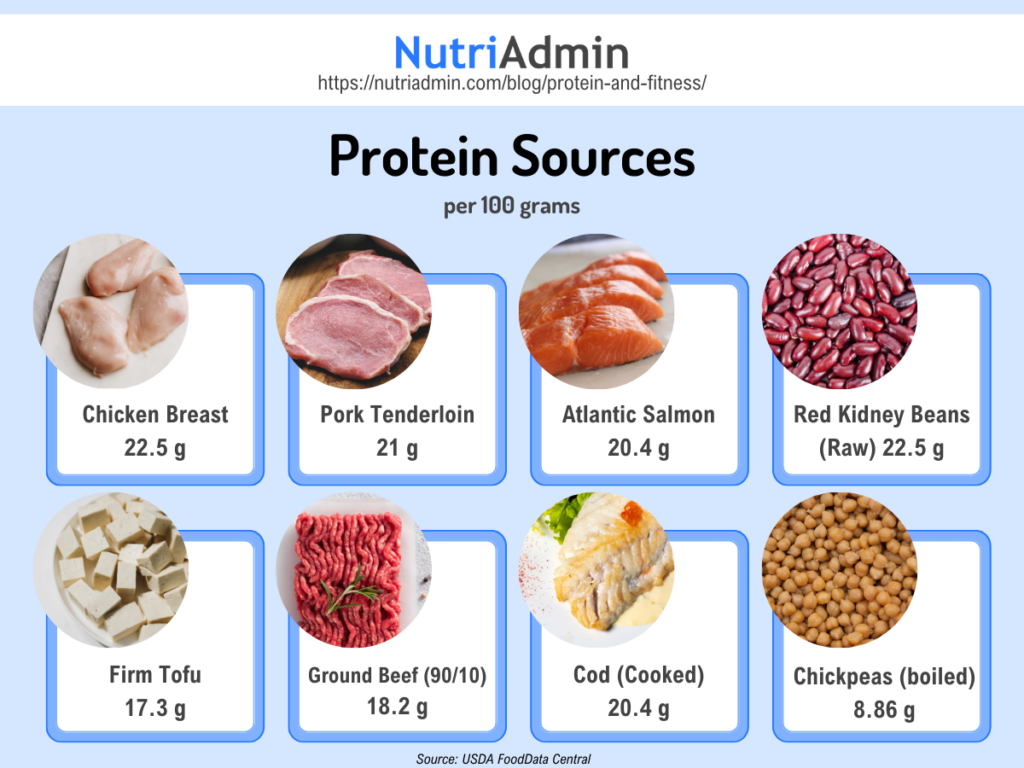
These are results obtained from USDA FoodData Central. This list isn’t comprehensive, but if you have foods that aren’t on the list, you can actually go over to the site and input the food you are interested in. If you want to find out how your food items fit into you or your client’s daily routine, you can check out our article about how to make meal plans and the best meal planning apps you can use as a professional. Alternatively, you can take the guess work out of your nutrition plans by also checking out our software for personal trainers, fitness coaches, or our meal plan generator.
Is Protein From Food Better?
Again, like all things in life, the answer lies somewhere in between. Protein from food is better in the sense that, aside from the protein it provides, it also provides valuable vitamins and minerals.
As nutrition or fitness practitioners, we all know the importance of vitamins and minerals in the regulation of our bodily processes. So protein in sports nutrition can be overrated since protein isn’t the only thing that makes an athlete perform well. But if an athlete or client struggles with reaching their protein goals, maybe that’s where supplementation can come in.
Let’s take a look at the role supplementation plays in all this.
Protein and Fitness: Supplements
Why are protein supplements for athletes, clients, or protein in sports nutrition even useful? A good way to look at it is that supplementing protein gives you and your clients options.
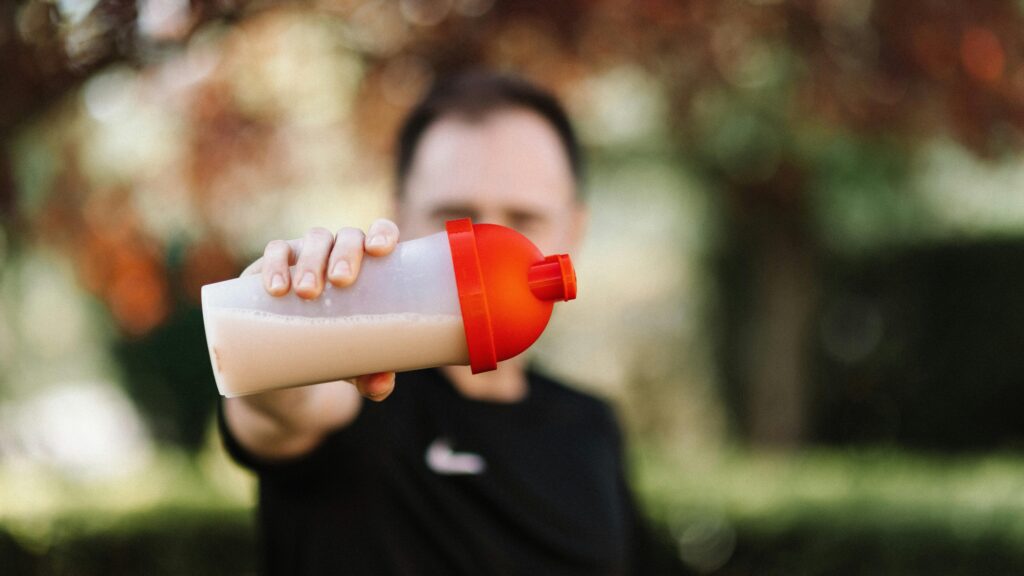
Whether it be a protein bar before or after a workout or a protein shake for a quick snack, this is a good way to meet your client’s protein goals. Supplements tend to be targeted toward protein in a sports nutrition context but also as a tasty way to hit your protein goals.
Most of the time, protein supplements tend to have fun flavors. This can be a good way for your client to squash a sweet tooth while still meeting their goals. A light and fit protein smoothie or a muscle-gain protein shake is outlined below for some ideas for this.
So if you think about it, a protein shake or bar before or after a workout could actually be a smart way to keep your client motivated!
Protein Shake Ideas
Protein supplementation can also be tailored to meet your client’s goals in terms of weight loss or weight gain. Using a protein supplement is a fast and convenient method to create a protein shake for muscle gain. A protein shake for muscle gain could contain some milk, protein powder, oats, and peanut butter. This is a calorie-dense shake that can be used to help your client gain weight or muscle, if need be.
If a light and fit protein smoothie is more to your client’s preference, consider replacing the milk with water and substituting the other ingredients with fruits and vegetables. This way, it becomes a nutrient-dense option for your client to achieve their protein goals without excess calories.
The goal of a muscle-gain protein shake or a light and fit protein smoothie is really to fit your client’s lifestyle. Protein supplements are but one of the many tools that we can use as nutritionists to meet our clients where they are and adapt to their lifestyle and goals. That way, we can achieve our goals with our client in a way that is easy and doable for them.
Where Do We Go From Here?
In this article, we’ve explored the function of protein in sports nutrition, protein and fitness, and protein supplementation for athletes. We’ve also talked about how protein overall works to keep your body functioning optimally. The main thing here is to understand that every client is different and has unique protein needs.
A client with the goal of wanting to maximize muscle growth will probably need about 1.6 grams of protein per kilogram of body weight. This may necessitate a protein bar before or after a workout, or just protein after a workout. It all depends on the client’s lifestyle. If a client isn’t so particular about muscle gain, they may be able to get away with less protein per day. In this case, protein supplements for athletes or clients like this may not be necessary.
Remember, we need to meet clients at their level! Protein requirements are only one tool in ensuring our clients reach their goals. Our job as nutrition and fitness professionals is to use all the tools at our disposal to help them achieve what they want in a healthy and effective manner.
